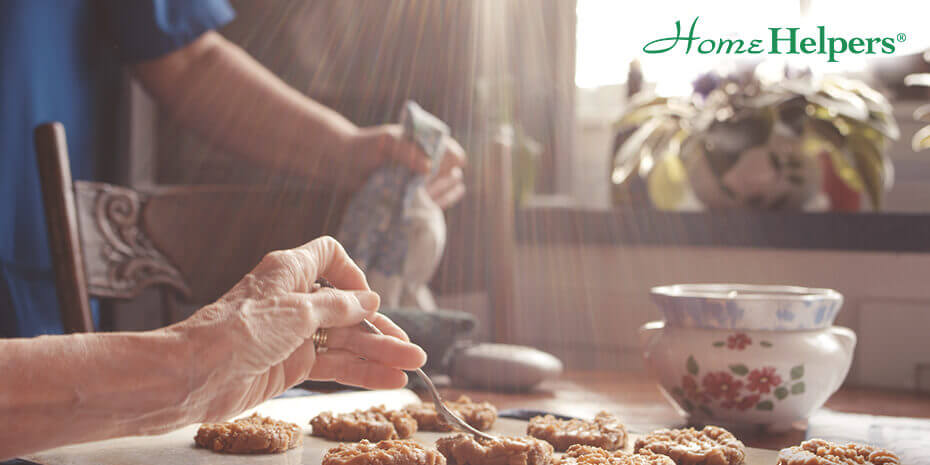Home Care in Alpharetta GA
Coffee is the beverage of choice for millions of Americans, even seniors. People wake up and one of the first things they tend to do is shuffle their way to the coffee maker, turn it on, and brew themselves a nice pot or a steaming cup just the way they like it.
For a senior who relies on some type of care at home, they might not give up their penchant for coffee, tea, or other caffeinated beverages. However, depending on when they are drinking their coffee it could be affecting their ability to get a good night’s sleep. Many people don’t realize that even decaffeinated coffee has some level of caffeine in it, and depending on the individual it can actually impact them in a negative way. March is National Caffeine Awareness Month, making it a good time to understand the impact that caffeine has on getting a good nights sleep.
Some basic facts about caffeine.
According to Time Magazine, below are a few interesting facts about caffeine:
- Modern energy drinks get a lot of bad press, but the amount of caffeine that they possess still pales in comparison to the amount that used to be in a bottle of Coca-Cola. Today things are much different, though, but a simple bottle of Coke still contains a significant amount of caffeine.
- Starbucks coffee is a potent mixture of caffeine. In fact, a Starbucks grande coffee contains approximately 360 milligrams of caffeine in it where as a supersized Red Bull only contains 160 milligrams.
- Coffee consumption today accounts for the majority of caffeine Americans consume. Even though there are more caffeinated beverages in the form of sodas and energy drinks, coffee is still raining as the king when it comes to caffeine for most Americans.
- Tea is still a major contributor to caffeine consumption, but 85 percent of it is in the form of iced tea.
- As little as 100 mg of caffeine consumed on a daily basis is enough to create a physical dependency. That is only about 5 to 8 ounces of coffee or three cans of Coke. That’s not a lot.
Now that the facts are made clear about caffeine, it’s also important to note that it could take up to eight hours for caffeine to completely leave the system and that afternoon or evening cup of decaf could be causing the senior to have difficulty falling asleep at night or staying asleep throughout the night.

